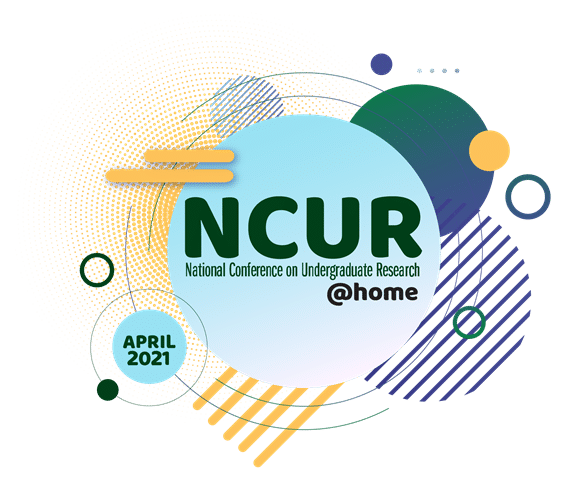The Health Sciences Division of the Council on Undergraduate Research announces the 2021 recipients of its NCUR Presentation Awards. The awards cover the cost of registration for undergraduate students presenting original research at the 2021 National Conference on Undergraduate Research. The awardees are the following:
Cody Anderson (University of Nebraska Omaha; mentor: Sara Myers)
Presentation title—Muscle Behavior Adaptations after Supervised Exercise Training in Peripheral Artery Disease: An OpenSim Simulation. Anderson’s project investigates how muscle adapts as a result of supervised exercise training in individuals with peripheral artery disease.
Destinyi Cravens (University of Alabama at Birmingham; mentor: Sylvie Mrug)
Presentation title—Perceived Parental Support: Does Maternal Depression and Motherhood Roles Matter? Cravens’s project examines the prospective relationships between maternal depression symptoms, perceptions of parenting roles, and later perceived parental support during adolescence using data from Waves 1–3 of the Birmingham Youth Violence Study (n = 387).
Seth Hubbard (University of Alabama at Birmingham; mentor: Alecia Gross Gutierrez)
Presentation title—Determination of the Role of Cofilin1 in Rod Photoreceptors. Hubbard’s project demonstrates a role for nuclear distribution protein C [NUDC] in the development and maintenance of rod photoreceptors through transgenic shRNA knockdown of NudC in X. laevis tadpoles.
Charlene Mansour (University of Alabama at Birmingham; mentor: Kristine Hurst-Wajszczuk)
Presentation title—Probing the Genetic Diversity of Phages Infecting Arthrobacter globiformis. Mansour’s project sequences and annotates the genomes of newly discovered A. globiformis phages and compares these genomes to those of other A. globiformis phages.
Brian Nguyen (University of Alabama at Birmingham; mentor: Elizabeth Sztul)
Presentation title—Identifying the Role of the ARF Activators BIG1 and BIG2 in Regulating Endocytosis and Recycling. Nguyen’s project seeks to uncover the processes regulated by the BIG1 and BIG2 proteins and to describe the molecular events that are supported by BIG1 versus BIG2.
Founded in 1978, the Council on Undergraduate Research (CUR) focuses on providing high-quality and collaborative undergraduate research, scholarly, and creative activity. Among the many activities and networking opportunities that CUR provides, the organization also offers support for the professional growth of faculty and administrators through expert-designed institutes, conferences, and a wide-range of volunteer positions. The CUR community, made up of nearly 700 institutions and 13,000 individuals, continues to provide a platform for discussion and other resources related to mentoring, connecting, and creating relationships centered around undergraduate research. CUR’s advocacy efforts are also a large portion of its work as they strive to strengthen support for undergraduate research. Its continued growth in connections with representatives, private foundations, government agencies, and campuses world-wide provides value to its members and gives voice to undergraduate research. CUR is committed to inclusivity and diversity in all of its activities and our community.
CUR focuses on giving a voice to undergraduate research with learning through doing. It provides connections to a multitude of campuses and government agencies, all while promoting networking and professional growth to its community.


